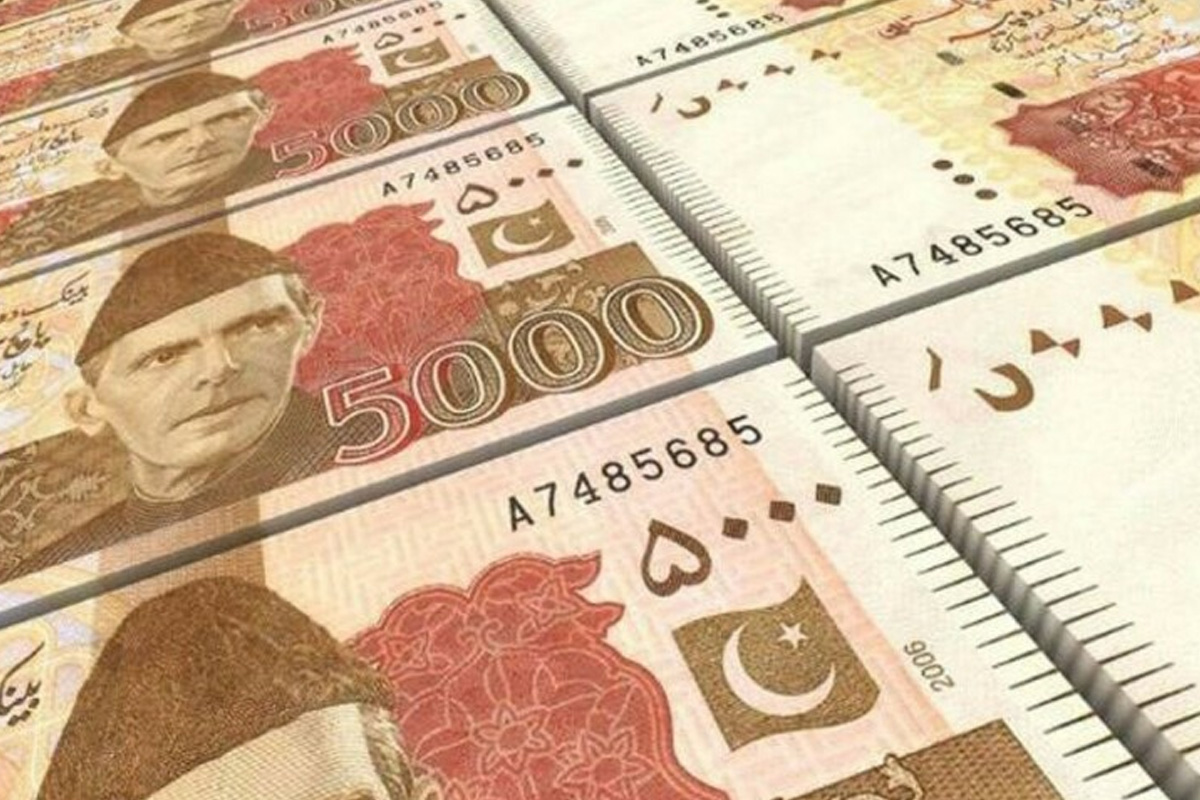The Overseas Investors Chamber of Commerce and Industry (OICCI) has submitted a series of impactful proposals for Pakistan’s federal budget for 2024-25, with a particular focus on fostering a more documented and transparent economy. Among these recommendations, the potential discontinuation of the 5000 rupee note stands out, sparking significant debate and interest among various stakeholders. This article explores the OICCI’s proposals and their potential implications for Pakistan’s economy.
Discontinuation of the 5000 Rupee Note
Promoting a Documented Economy
The OICCI has proposed discontinuing the 5000 rupee note as a means to discourage cash transactions and promote a more documented economy. The chamber believes that reducing high-denomination currency notes will help curb unrecorded and untaxed transactions, thereby increasing transparency and enhancing tax compliance.
Impact on Large Transactions
The 5000 rupee note is widely used for large transactions, and its discontinuation could have significant implications. Businesses and individuals who rely on cash for substantial dealings may need to shift towards digital or bank-mediated transactions. This move could also compel more people to engage with formal banking systems, thereby contributing to the overall financial health and documentation of the economy.
Enhancing Tax Compliance: Mandatory National Tax Number (NTN)
Bank Accounts and High-Value Activities
Another key proposal from the OICCI is the requirement of a National Tax Number (NTN) for opening a bank account. This recommendation aims to bolster tax compliance by ensuring that all financial transactions are tracked and taxed appropriately.
The OICCI suggests making the NTN mandatory for several high-value activities, including:
- Purchasing and selling vehicles
- Buying and selling high-value properties
- Foreign travel
- Club memberships
By linking these activities to the NTN, the government can better monitor and tax transactions that often involve significant sums of money.
Establishing a Dedicated Wing for Tax Investigation
FBR’s Role in Identifying Non-Filers
To further tighten tax regulations, the OICCI recommends establishing a separate wing within the Federal Board of Revenue (FBR) dedicated to identifying and investigating assets and income that do not match the declared income of non-filers. This specialized wing would focus on closing loopholes and ensuring that all income is appropriately declared and taxed.
Other Notable Proposals
Tax on Pensioners and Airline Tickets
The OICCI also suggests removing the tax exemption currently enjoyed by pensioners and imposing an income tax on all airline tickets. These measures are aimed at broadening the tax base and ensuring that all sectors contribute to the national revenue.
Withholding Tax on Hotel and Travel Expenses
Another proposal includes implementing a withholding tax on hotel and travel expenses. This measure would ensure that individuals who spend on travel and accommodation contribute to the national exchequer, further enhancing revenue collection.
Supporting the Government’s Fiscal Goals
Reducing the Informal Economy
The OICCI, representing 200 multinational companies, aims to support the government in increasing tax revenues and reducing the informal economy. By implementing these proposals, the government can enhance financial transparency, reduce tax evasion, and ensure that more economic activities are documented and taxed.
Potential Impacts on Cash-Based Transactions
The proposed discontinuation of the 5000 rupee note could significantly impact cash-based transactions in Pakistan. While it may pose initial challenges for those accustomed to cash dealings, it is expected to drive a shift towards digital payments and formal banking channels, ultimately contributing to a more transparent and documented economy.









